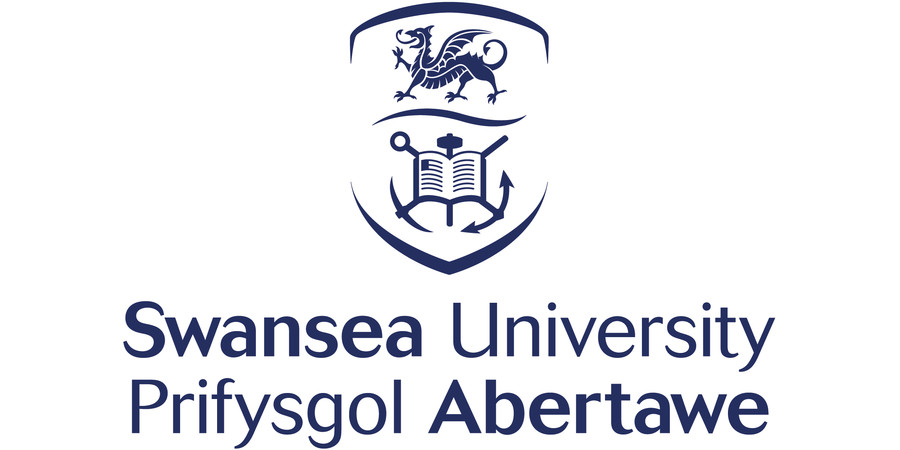Sociology/Science and Technology Studies: Fully Funded ESRC Wales Graduate School for the Social Sciences (WGSSS) PhD Sociology/Science and Technology Studies Pathway
Swansea University - Social Sciences School
| Qualification Type: | PhD |
|---|---|
| Location: | Swansea |
| Funding for: | UK Students, International Students |
| Funding amount: | £20,780 |
| Hours: | Full Time |
| Placed On: | 9th October 2025 |
|---|---|
| Closes: | 11th December 2025 |
| Reference: | RS898 |
This pathway will leverage excellent provision and research in sociological methods training at Swansea, to build capacity and realise a networked all-Wales strategy for doctoral training in Sociology and STS, drawing upon FtF, hybrid and blended approaches. Pathway strengths include centres and other UKRI investments, ADR Wales, Centre for Ageing and Dementia Research.
Sociology/STS is an emerging disciplinary strength at Swansea University that currently sits within UoA20, with pockets of excellence that speak to WGSSS crosscutting themes. This is a merger of two DTP2 pathways, that are adjacent in disciplinary terms, with an extension to include Bangor and Swansea, as well as Cardiff.
Research Environment
Training: The pathway offers advanced training in: Quantitative and Qualitative Methods (all HEIs); Ethnography; Interaction Analysis (Audio, Video and Multimodal Approaches); Advanced Approaches to Science and Technology Studies; Theorising Contemporary Social Change and Transformation; Advanced Statistics; and the PGR Summer School on Statistics, from 2024 (Swansea). Students will also be able to participate in training provided by WISERD, which is closely aligned with the pathway, benefitting from its partnership with the ESRC National Centre for Research Methods (NCRM) (2019-2024), a centre for the delivery of innovative training and capacity-building activities. In addition to pooling these resources where possible, we will also use WGSSS training support to develop and package a suite of short on-line methods training courses, as well as create and deliver a pathway/cluster summer school (hosted on a rotating basis as a ‘signal’ event), also open to other pathways and DTPs, where feasible.
Community engagement includes presentations at the National Eisteddfod and Hay Festival and collaborative research with, e.g. National Adoption Service, Care Inspectorate Wales, Welsh Council for Voluntary Action (a formal partner in WGSSS), Shelter Cymru, and Senghenydd Youth and Community Centre (South Wales).
Cohort Building:
We will open up HEI-focused research groups to all pathway and cluster students. This networked approach will fold these activities into a series of hybrid activities that will be open across the pathway, optimizing opportunities for cohort building and participation. Rotating the summer school acts as an annual cohort signal event.
Funding Comment
The studentship funded by the ESRC covers tuition fees and an annual tax-free living stipend in line with UKRI minimum rates (currently £20,780 for 2025/26). Students also have access to a Research Training Support Grant.
If you have a disability, you may be entitled to a Disabled Students’ Allowance (DSA) on top of your studentship. Disabled Students’ Allowance (DSA)
Advert information
Type / Role:
Subject Area(s):
Location(s):









